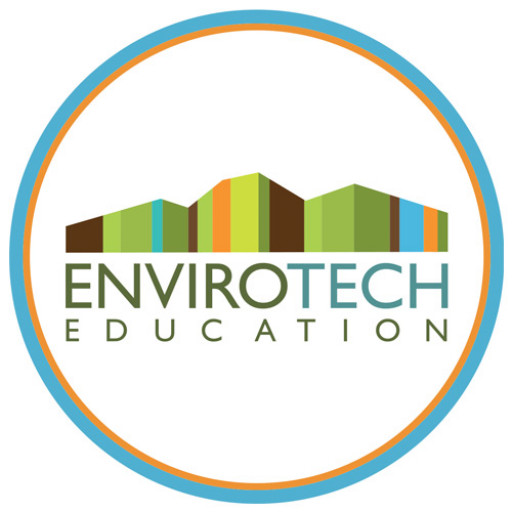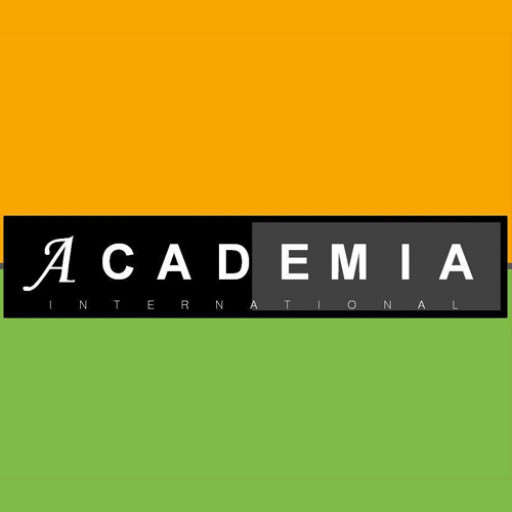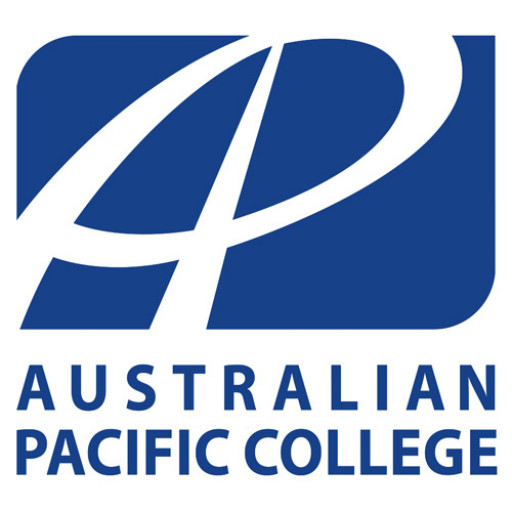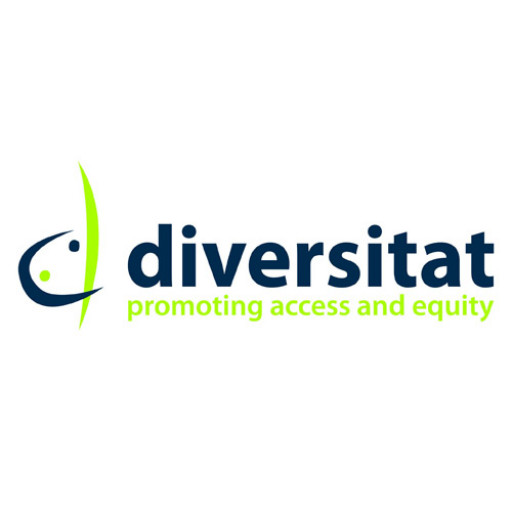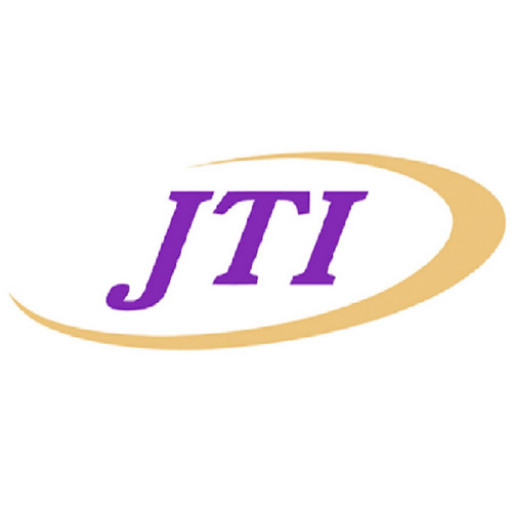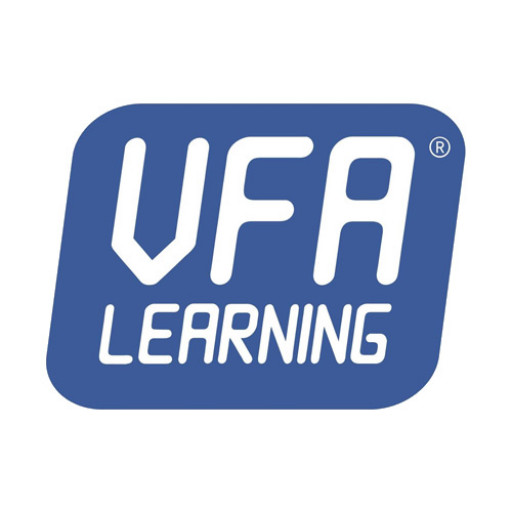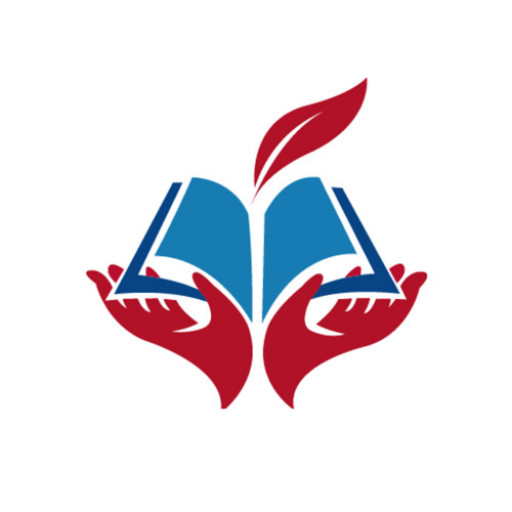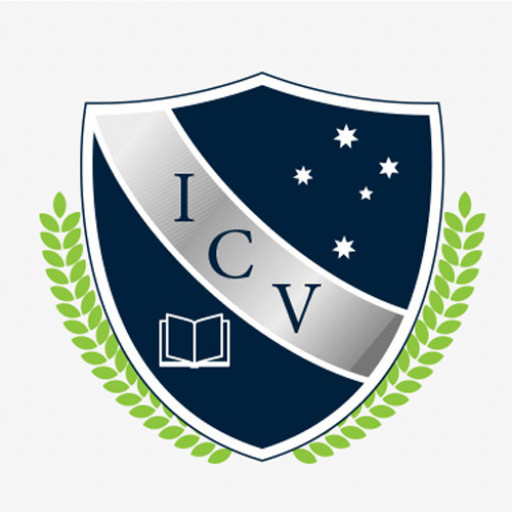The Certificate III in Early Childhood Education and Care is designed to provide students with the fundamental skills and knowledge required to work effectively with young children in various early childhood settings. This program prepares graduates to support the holistic development and wellbeing of children from birth to five years of age, in environments such as long day care, family day care, and other community-based early learning services. Throughout the course, students will acquire practical skills in implementing child-centered activities, ensuring health and safety standards, and fostering inclusive play environments that promote developmental milestones. The curriculum covers key areas such as child development, observation and assessment techniques, communication skills, and the application of regulatory requirements relevant to early childhood education. Students will also learn how to build positive relationships with children, families, and colleagues, reflecting best practices in the sector. The program emphasizes hands-on learning through work placements in approved early childhood settings, allowing students to apply theoretical knowledge in real-world contexts and develop confidence in their practical abilities. Graduates will be equipped with the competencies to support children's educational and emotional needs, supervise and guide team members, and contribute positively to early childhood programs. This qualification is an essential stepping stone for those seeking to begin a rewarding career in early childhood education and care, opening pathways to further study and professional development in the sector. The course is delivered with a focus on current industry standards, Australian Early Years Learning Framework, and Victoria’s regulatory requirements, ensuring graduates are work-ready and compliant with national educational policies. With a balance of classroom learning and experiential training, students will gain a comprehensive understanding of early childhood pedagogy, health and safety protocols, and family engagement strategies, preparing them to make a meaningful difference in young children's lives and future early childhood education practices.
The Certificate III in Early Childhood Education and Care at GOTAFE provides students with a comprehensive foundation in delivering quality care and education to young children in a variety of early childhood settings. This program is designed to equip students with the essential skills and knowledge required to support the development, learning, and well-being of children from birth to school age. Throughout the course, students will explore key areas such as child development, nutrition, health and safety, communication, and cultural competence, ensuring they are prepared to create inclusive and nurturing environments for children to thrive.
The curriculum covers a range of practical and theoretical topics, including how to plan and implement early learning programs, engage effectively with children and their families, and adhere to regulatory standards and policies. Students will undertake hands-on training in real-world settings through supervised work placements, allowing them to develop confidence and competence in their practical skills. These placements are integral to the program, providing valuable opportunities to observe, participate, and reflect on best practices in early childhood education.
In addition to technical and pedagogical skills, the program emphasizes the importance of professionalism, ethics, and ongoing learning. Students will learn to work collaboratively with colleagues and families, manage safety and risk, and support children's social and emotional development. The program also covers the use of technology and innovative approaches to enhance learning experiences for children in modern early childhood environments.
Graduates of the Certificate III in Early Childhood Education and Care are well-prepared to pursue employment in various early childhood settings, including long day care, family day care, preschools, and community childcare services. They may also choose to continue their education with higher qualifications in early childhood or related fields. The program at GOTAFE aims to foster passionate, competent, and caring professionals dedicated to making a positive difference in the lives of children and their families.
Program requirements for the Bachelor of Early Childhood Education and Care at GOTAFE include successful completion of foundational units in child development, pedagogy, and educational planning, alongside practical teaching placements. Applicants are typically required to have completed secondary education with a minimum Australian Tertiary Admission Rank (ATAR) or equivalent. Prior experience working with young children or in educational settings can be advantageous but is not mandatory. International students must demonstrate English language proficiency through recognized tests such as IELTS, with a minimum score typically set at 6.5 overall, with no band below 6.0. The program emphasizes the development of professional skills in supporting the learning and development of children from birth to age 8, including understanding inclusive practices, health and safety regulations, and the application of curriculum frameworks. Students are expected to undertake supervised practical placements in approved early childhood settings to gain real-world experience and to meet mandatory industry requirements for working with children, such as police checks and immunization records. The curriculum is designed to meet national early childhood education standards, and students must complete all coursework and placement components to graduate. Additionally, the program encourages critical reflection and ethical practices in early childhood education. Applicants should review specific admission criteria on the GOTAFE website for any updated requirements or prerequisites.
The financing of the Early Childhood Education and Care program at GOTAFE can be approached through various funding sources available to domestic and international students. For domestic students, government funding options, including Commonwealth Supported Places (CSP), may reduce the overall cost of tuition, although specific eligibility criteria apply. Additionally, students can access government loans such as the VET Student Loan scheme, which allows eligible students to defer part or all of their tuition fees until a later date, thereby making higher education more accessible. To qualify for the VET Student Loan program, students must meet specific academic and residency requirements, and the course must be approved under the scheme, which is typically the case for courses aligned with Australia's vocational education sector.
For international students, tuition fees are generally paid upfront or via permitted payment plans. These students are typically responsible for covering the full cost of their studies, which can vary depending on the program's duration and the course fees published annually by GOTAFE. International students might also explore scholarship opportunities provided by GOTAFE or external organizations, which can help offset the costs associated with tuition, living expenses, and study materials.
In terms of additional financial support, students may have access to part-time work opportunities, which are common in the region surrounding GOTAFE campuses. Work placements within the program can sometimes provide stipends or stipulate part-time employment options to assist with financial needs. Students are also encouraged to consider private student loans, though these are less common in Australia for vocational training and require careful consideration of terms and repayment obligations.
GOTAFE continually updates its financing options in accordance with government policies and the evolving funding landscape for vocational education. Prospective students are advised to consult the official GOTAFE website and contact student services for the most current information regarding tuition fees, available subsidies, and financial assistance opportunities. The university also offers financial counseling to help students plan their budgets effectively and understand their obligations and options throughout their course of study.
The Early Childhood Education and Care program at GOTAFE is designed to equip students with the foundational skills and knowledge necessary to work effectively in the early childhood sector. This program focuses on developing competencies in nurturing, caring for, and educating young children from birth to school age. Participants will explore a range of topics including child development, communication techniques, health and safety, and inclusive practices to support diverse needs of children and families. The course aims to prepare graduates for employment in a variety of settings such as childcare centers, preschools, family daycare services, and other early learning environments. Students will undertake practical placement components, enabling them to apply theoretical knowledge in real-world settings under supervision. GOTAFE offers modern facilities and trained educators to support learners throughout their studies, ensuring a comprehensive educational experience. The program emphasizes the importance of building strong relationships with children, promoting their social, emotional, and cognitive development, and working collaboratively with families and communities. Students will gain insights into legislative and policy frameworks governing the sector, ensuring they are prepared for compliant and ethical practice. The qualification obtained from this program is aligned with national standards, and upon completion, graduates are eligible to pursue registration as early childhood educators. This opens pathways to rewarding careers in promoting early childhood development and lifelong learning. The program also encourages ongoing professional development and lifelong learning, essential for adapting to changes within the sector. GOTAFE’s approach integrates flexible learning modes, including online and face-to-face sessions, to accommodate diverse student needs. Overall, the Early Childhood Education and Care program at GOTAFE equips students with a valued set of skills, supports their career aspirations, and contributes positively to the development of early learners in the community.


